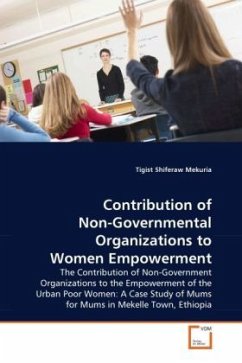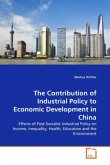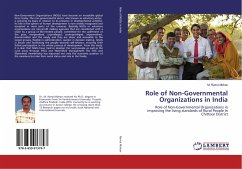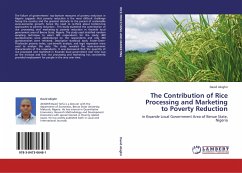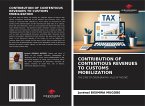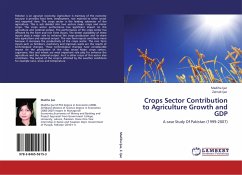Ethiopia is not only among the most populous countries of the world, but also the least developed economically. The nature of social and economic underdevelopment is extensive in both rural and urban settings with its effect most felt by the urban poor women. The government has implemented various policies and strategies in its attempt to eradicate poverty. However, the effort of the government alone is not adequate to bring about the desired results. As a result, several Non- Governmental Organizations (NGOs) were increasingly pulled in to the development front involving in a wide range of development interventions. Though the growth of these NGOs in Ethiopia has been robust over the last two decades their contribution to poverty eradication in general and to the empowerment of the vulnerable women in particular has been rarely studied. Thus, this study analyzed the areas of interventions and the extent to which Mums for Mums-the NGO in case- has made to improve the socio-economic status of the poor in general and most vulnerable women in particular.
Bitte wählen Sie Ihr Anliegen aus.
Rechnungen
Retourenschein anfordern
Bestellstatus
Storno

